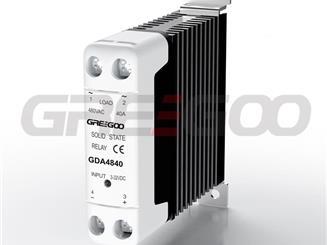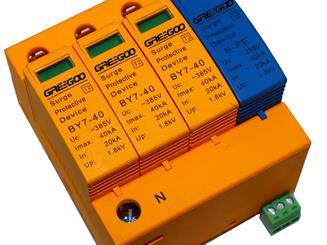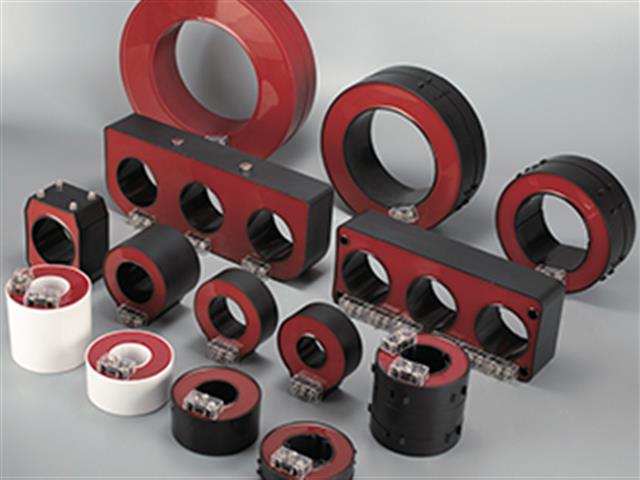Mini Puck Solid-State Relay: A Compact and Reliable High-Efficiency Switching Solution
The GF1 mini puck solid-state relay is a compact product in Greegoo's solid-state switching solutions, taking up only 30% of the space of traditional solid-state relays. Despite its small size, it remains highly reliable. The GF1 uses back-to-back thyristors for switching, which are more durable than traditional triacs. It employs wire bonding technology to reduce mechanical and thermal stress on the output chip, thereby extending the product's lifespan. The GF1 is ideal for use in situations where space is limited and frequent switching of resistive loads is required.
Application
• Coffee machines
• Vending machines
• Kitchen appliances
• Temperature control units
• Climatic chambers
• Packaging machines
Features
• 1-phase AC solid state relay
• Zero cross switching or instant on switching
• Back to back thyristors for output switching
• Long lifetime through reduced stresses on output chips
• Ratings up to 280 VAC, 25 AAC @ 80°C (176°F)
• 5 VDC, 12 VDC or 24 VDC control voltage
• LED indication for control ON
• Integrated output overvoltage protection
• 100,000 cycle (endurance) tests
• Conformance to EN 60335-1 requirements
• Pre-attached thermal interface to SSR backplate
30% Space of Standard Solid State Relay

How to choose a suitable Solid State Relays
Single phase or three phase, nominal voltage and current, potential surge or inrush current, AC or DC load, control signal, zero crossing type or random control ssr etc.
Read More
Solid State Relay, Direct Factory Price, Greegoo is your Best Choice!
Solid State Relay, Direct Factory Price, Greegoo is your Best Choice!
Read More
What are the main differences between MOVs and Spark Gaps in SPDs?
An effective surge protection strategy often combines the use of both MOVs and spark gaps, along with other protective devices, to provide comprehensive protection against different levels of power surges.
Read More
How to Choose the Right Medium Voltage Current Transformer: MV Bushing CT vs MV CT
MV Bushing CT vs MV CT: Comparison of Installation, Design, and Application Scenarios
Read More













